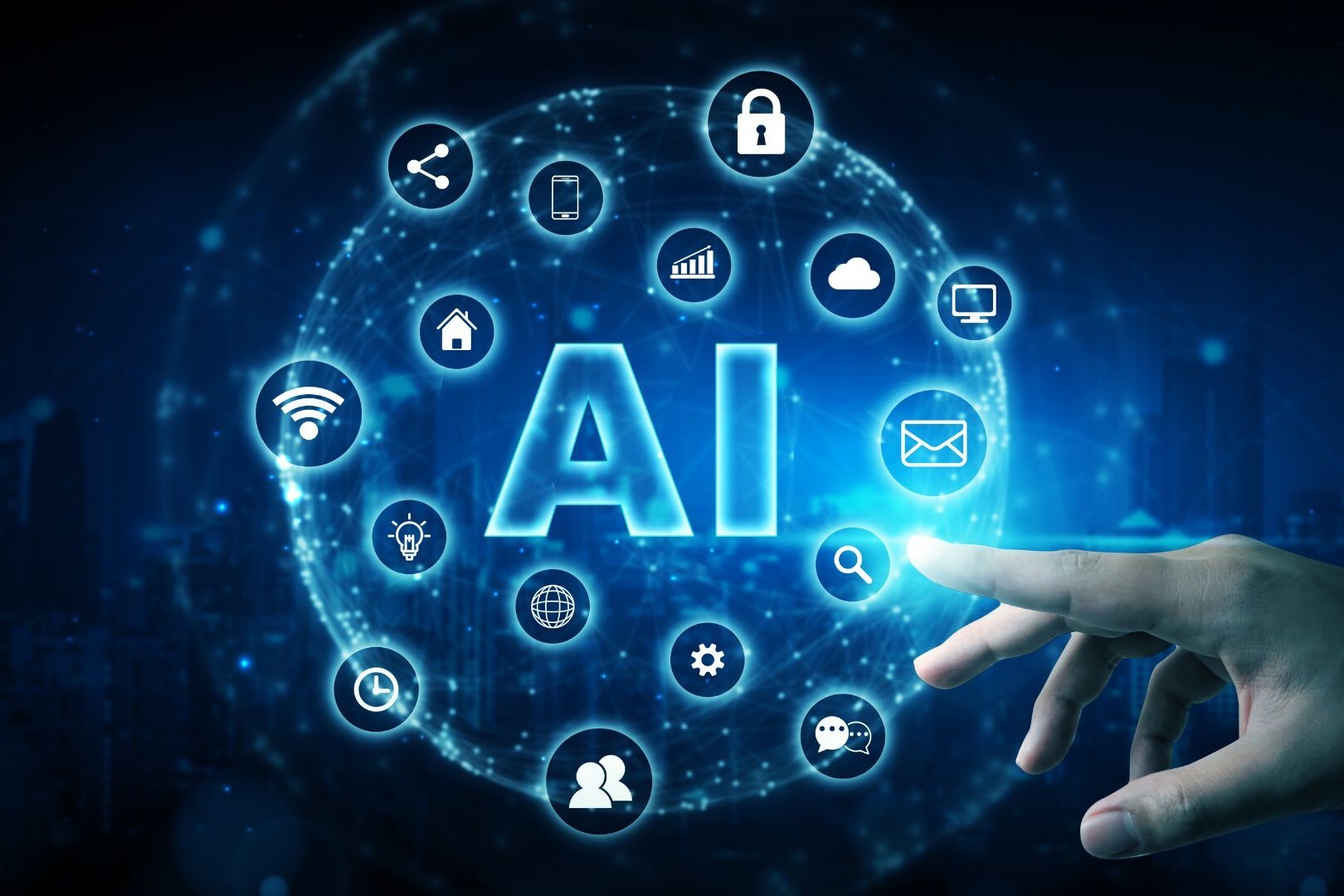
Tughans LLP
Phone: 028 9055 3300
Email: emma.doherty@tughans.com
Website: www.tughans.com
For October 2025, we have asked the employment team at Tughans LLP to provide practical answers to unusual, sensitive or complex work-related queries. We call this feature “How do I handle it?”
The articles are aimed at HR professionals and other managers who may need to deal, from time to time, with the less commonplace disputes at work; issues that may, if handled incorrectly, lead to claims for discrimination, constructive dismissal or some other serious difficulty.
This month’s problem concerns:
We are considering incorporating the use of Artificial Intelligence into our internal recruitment processes. What is HR’s role in making sure applicants and employees are treated fairly and lawfully?
Artificial Intelligence (AI) solutions can greatly reduce the administrative burden during day-to-day working tasks and promote fast, data-driven decision making across areas like recruitment, training and employee monitoring.
One area where AI usage is becoming increasingly popular is recruitment and selection process. Statistics confirm that among 4,000 employers surveyed worldwide, AI use in hiring had risen from 58% in 2024 to 72% in 2025 – a significant hike, which is expected to rise year on year. AI can speed up the recruitment process by utilising tools that scan CVs, shortlist candidates and even analyse body-language or virtually assess job applicants. The potential uses can open up complex employment law concerns. Just like employees, job applicants are protected from discrimination during the recruitment and selection process. AI use will almost always involve processing personal data and can give rise to complex data protection concerns.
If you would like to incorporate AI into your internal processes, like with adopting any new process or technology, it would be prudent to carry out a risk assessment first. While AI tools can certainly reduce the time you spend on routine tasks, you should not assume that it will always be correct, and it may not always be clear how it has reached particular decisions. While one of the main potential benefits of AI use is reducing the potential for human biases, and consequently discrimination (particularly during recruitment or selection processes), you should keep in mind that it isn’t a perfect solution.
AI is trained on underlying data – and if the data used to train the AI is incorrect or biased, the output of that AI will likely also be incorrect and biased. Biases can include favouring certain demographics over others. For example, based on the data input, AI may prefer candidates from specific educational backgrounds, age or certain gender profiles. AI may then recommend candidates who fit these biased criteria. Your team should be trained on how to use AI effectively, which includes understanding both its benefits and current limitations.
It is possible that job applicants may also be put at a disadvantage during an AI driven recruitment process. For example, AI use during CV screening, or to assess candidates during assessment or interview, may disadvantage certain applicants based on their use of language, tone or accent, which may be discriminatory on the grounds of race. It may discriminate against disabled applicants who present differently than others due to their particular condition.
You should assess the benefits and risks of using AI like you would with other steps in your recruitment or selection process – such as psychometric tests or other assessments. If you decide to incorporate AI use into your operations, you should ensure that you have a comprehensive and transparent AI usage policy in place to govern its use. You should also ensure that your employee and applicant privacy notice is up to date and covers processing by AI tools during your recruitment process.
While there are many benefits to using AI, you must ensure that there is sufficient human oversight of any AI tools you deploy. Most importantly, you should ensure that final hiring decisions lie with human management, as otherwise, the AI tool will be engaged in “automated decision making” which has complex data protection implications. In short, the role of HR during recruitment and selection processes will be to ensure that AI tools are harnessed in a lawful manner which allows your team to benefit from the time and cost savings it can deliver, without inadvertently causing unfair or discriminatory treatment of applicants.
This article was provided by Emma Doherty, an Associate Solicitor in the employment team at Tughans LLP. Emma works exclusively in employment law. You can contact Emma at:
Phone: 028 9055 3300
Email: emma.doherty@tughans.com
www.tughans.com
Continue reading
We help hundreds of people like you understand how the latest changes in employment law impact your business.
Please log in to view the full article.
What you'll get:
- Help understand the ramifications of each important case from NI, GB and Europe
- Ensure your organisation's policies and procedures are fully compliant with NI law
- 24/7 access to all the content in the Legal Island Vault for research case law and HR issues
- Receive free preliminary advice on workplace issues from the employment team
Already a subscriber? Log in now or start a free trial
 AI Literacy Skills at Work: Safe, Ethical and Effective Use
AI Literacy Skills at Work: Safe, Ethical and Effective Use

